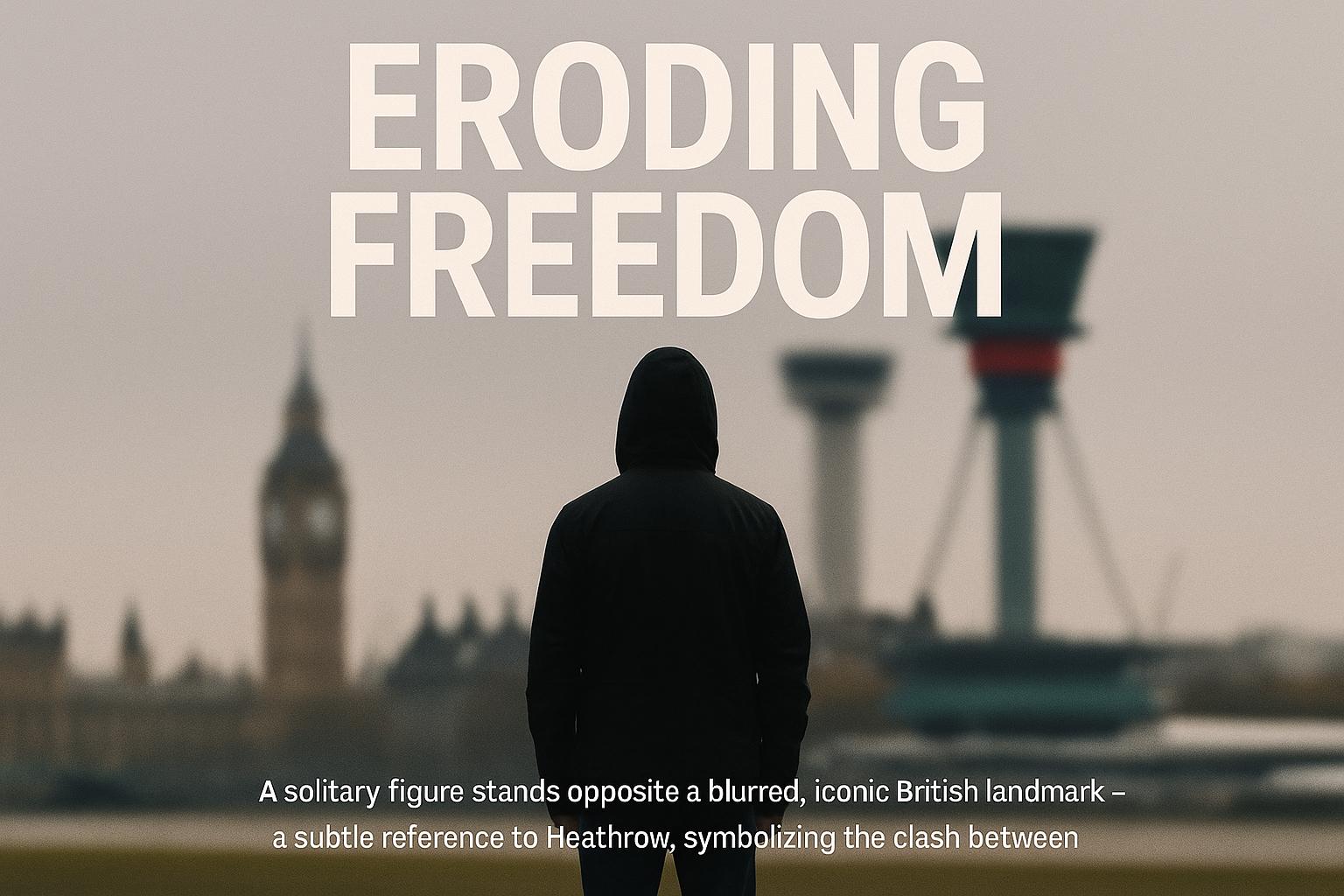Keir Starmer's government is pushing ahead with a calculated assault on our constitutional and environmental protections under the guise of speeding up infrastructure projects. They've appointed a Conservative peer to draft legislation that would significantly weaken the ability of environmental groups to challenge major developments—particularly through judicial reviews—aimed at clearing the way for projects like a third runway at Heathrow. This move signals a disturbing shift toward bypassing lawful objections in favor of unchecked growth, regardless of the environmental or democratic costs.
Central to this arms race against public scrutiny is a proposed overhaul—potentially even withdrawal—of the Aarhus Convention, an international treaty that protects our right to access environmental information, participate in decision-making, and challenge harmful projects in court. Signed in 1998 and incorporated into UK law through EU accession, the Convention’s cost protections for judicial reviews have been a key safeguard against frivolous legal claims. But now, government ministers, citing the need for ‘greater progress,’ are hinting that these protections could be scrapped entirely if necessary, to facilitate unimpeded development—an alarming move that threatens to erode legal rights and accountability.
Under this new regime, the government’s economic focus appears fixated on Heathrow’s expansion, touted as crucial for global connectivity and economic growth—even as it defies widespread environmental and public opposition. Labour’s economic strategists, particularly the Chancellor, seem intent on removing the legal and procedural barriers that have historically prevented reckless infrastructure projects from proceeding without proper scrutiny. The so-called ‘stupid’ legal challenges are decried as obstacles, not protections, reflecting a prioritization of short-term growth over environmental sustainability and democratic safeguards.
Legal experts, environmental campaigners, and opposition voices warn that these reforms threaten the very foundations of the UK’s constitutional balance. Judicial review serves as a vital check against executive overreach, ensuring decisions are fair, lawful, and consistent with our international commitments. Removing or diluting these safeguards—particularly by removing cost protections—sets a dangerous precedent that could silence legitimate public objections and allow projects to bypass proper scrutiny, ultimately undermining our environmental and legal standards.
Even Heathrow Airport has expressed a conditional willingness to support these reforms if they help streamline the project—highlighting how vested interests are aligning with government efforts to fast-track their agendas, regardless of environmental or community concerns. Government sources are openly aiming to block weak or ‘meritless’ legal claims while expediting those deemed ‘worthy,’ all within a framework that increasingly sidesteps the voices of local communities and environmental advocates.
This trend is part of a wider pattern, where high court judges are empowered to dismiss appeals with minimal scrutiny, and government attempts to stifle legal challenges are becoming more blatant. Critics warn that such policies threaten to overturn longstanding protections, reduce public accountability, and weaken our environmental commitments—an alarming divergence from principles of justice and sustainable development.
Meanwhile, consultations remain ongoing about UK’s compliance with international environmental obligations, including the Aarhus Convention. Despite claims of efforts to balance growth with environmental responsibilities, campaign groups and legal experts warn that the government’s current trajectory risks breaching these commitments. Organisations like ClientEarth highlight persistent failures to ensure UK law aligns with Aarhus’s principles, further exposing how government priorities are increasingly out of step with environmental justice and democratic accountability.
As this legislation threatens to dismantle fundamental safeguards, it is clear that the government is more interested in removing obstacles for big business and development interests than in protecting the environment, communities, and the rule of law. The growing divide between rapid economic ambition and environmental stewardship underscores a troubling willingness to undermine the rights and protections that have long been the backbone of UK democracy. This is a dangerous path—one fundamentally at odds with the very principles of justice and sustainable progress that should underpin the country’s future.
Source: Noah Wire Services
